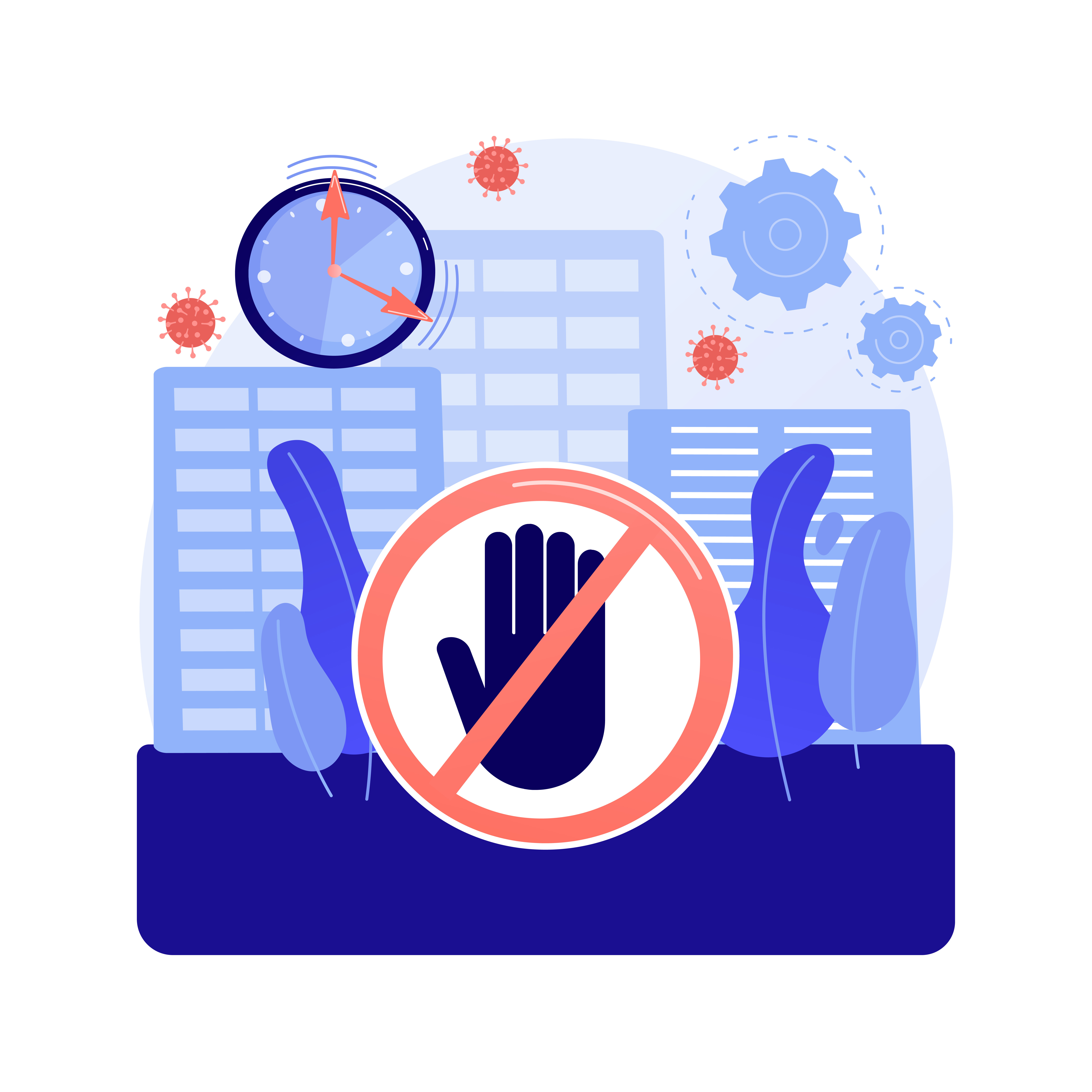Everyone likes to work and wants to earn enough money so that they can spend their life peacefully. Eventually, there will be a time when you need to stop working at ‘’your retirement age,’’ or like some people who can get terminated before their retirement. Losing your job can be stressful, especially when you don’t have any plans for the future. In this post, we'll dive into some frequently asked questions people usually have after getting fired about what the next step is. So, let’s dig in…
Introduction: Understanding Your Rights Around Retirement
In the US, most people's employment is risky, meaning they can be terminated at any time.
Planning your retirement in your fifties? It’s expedient to tell your employer in advance. There is no need for legal requirements, but while handing in your retirement letter, you must bring a document of your intent and clarify the state of affairs behind your departure. So, even after you have announced your retirement, there are still some chances you could lose your job because of this employment-at-risk status.
Can You Be Fired After Announcing Retirement?
If you are wondering, ‘’Can I be fired after announcing my retirement?’’ Unfortunately, the answer is yes. Even after you have announced your retirement, there are still some chances you could lose your job because of this employment-at-risk status. Termination of an employee can take place for different reasons, such as:

Poor Performance
A company can terminate an employee due to his constant poor performance and incompetence.

Violation of Company Policies
If an employee violates the company’s rules and policies and refuses to follow instructions, this can also lead to permanent termination.

Sharing Confidential Information
Sharing the company’s personal information and violating the agreement can also cause termination.
Getting Fired Before Retirement: What You Need to Know
Getting fired before retirement can be really heartbreaking. You may wonder, ‘’What will happen to my pension if I get terminated? ‘’as you lose social benefits like pensions and healthcare. Losing a job before retirement can impact your financial stability. You need to access your investments and savings. Start looking for alternative jobs or income sources. If you’re over 50, get yourself health insurance or file for social security and get monthly benefits. Contacting someone who has faced a similar situation can be really helpful, as they can give you dominating advice.
Pensions and Retirement Savings: Are They at Risk?
Yes, your savings can be at risk if you don't have a proper plan. Create a retirement budget and stick to it. Invest your money in stocks or in other suitable businesses. Consider having an IRA account. This will give you a lifetime benefit. Its annual contribution limit is $7,000, or $8,000 if you’re over 50.
Laid Off Close to Retirement: Navigating Your Options
It’s important to explore different options if you’re laid off before your retirement. Check the contract to see if your employer offers a severance package. Decide whether you are going to take a life annuity or transfer value for your pension. If you have a 401k layoff, decide if you will leave it with your former employer or cash it out. If you are over 62, be aware of medical acceptability. Explore different types of health insurance, like COBRA and personal health plans.
Resigning vs. Retiring: What’s the Best Choice?
Retirement usually comes with comfort, like a pension and other benefits. On the other hand, resignation refers to leaving your job without certainly retiring. Dissatisfaction with your job or conflict with your co-worker can be the reason for resigning. Resignation is more pliable and can happen at any time. Retirement is correlated with reaching the age limit and receiving benefits.
So overall, remember that both paths have their imputations. The choice is yours and depends on the particular circumstances.
Planning for Retirement: Financial and Legal Considerations
When you are reaching retirement age, ensuring smooth transitions in both financial and legal aspects can be difficult. Consider that early retirement comes with more benefits. Plan a budget for retirement and account for changes in expenses. Explore different ways to save money. Start to understand tax implementation before and after your retirement, plan long-term care needs, and seek different health insurance.
Conclusion: Protecting Your Interests as You Approach Retirement
As you approach retirement, it’s essential to take steady steps to secure your future. Start saving for retirement ASAP. Create a budget and try to stick to it. Get yourself health insurance, COBRA, or any other individual health plan. Consider your social security benefits and start claiming them. Understand tax implementation and explore 401K and layoffs.
Remember, whether you retire or terminate, life is a journey. Therefore, make thoughtful plans for a smoother life ride.






